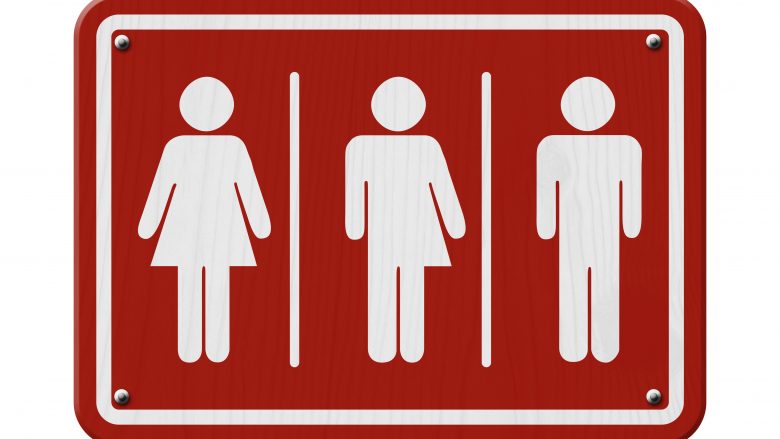UMass Officials: Our Bathrooms and Locker Rooms Will Stay Transgender Regardless of Question 3 Outcome
By Matt McDonald | October 29, 2018, 20:54 EDT

University of Massachusetts campuses will continue to allow people to use bathrooms and locker rooms that correspond with their gender identity even if state voters choose next week to get rid of a state law that makes it illegal to discriminate on the basis of gender identity in public accommodations, school officials said.
“Regardless of the outcome of the election, and to the extent permitted by law, we will retain our present policy on restroom and locker room access on our campuses by allowing transgender and gender-nonconforming students, faculty, staff and guests to choose facilities consistent with their gender identity,” University of Massachusetts president Marty Meehan said in a written statement Monday, joined by chancellors at the five UMass campuses.
The UMass officials say they worry about confusion and legal challenges if the No side wins.
“Present UMass policy assures that all members of our campus communities can choose a restroom or locker room consistent with their gender identity. Repealing the provision in the state law protecting those rights would make current state law inconsistent with UMass policy, which could result in legal challenges to UMass. Repealing the provision could also create confusion among university community members and guests, including prospective students, about rights for transgender and gender-nonconforming persons on our public university campuses,” the UMass leaders’ statement says.
The statement says the UMass leaders aren’t advocating for a Yes or No vote on Question 3, which UMass officials say would be illegal under state law.
“The UMass leaders made their statement in their capacity as state policy-making officials, expressing a shared view about Ballot Question 3. Under state law, UMass leadership cannot expressly advocate for a particular vote on this or other ballot questions, but are permitted to summarize the anticipated effects of the ballot question on UMass and its operations,” the statement says.
Question 3 asks Massachusetts voters if they want to continue (by voting Yes) or end (by voting No) a 2016 state statute that prohibits discrimination on the basis of gender identity in public accommodations such as restaurants, stores, beauty parlors, bathrooms, and locker rooms.
Bathrooms and locker rooms have proved a flashpoint between the Yes and No sides.
Supporters of the current law (the Yes side) say it offers vital protections for transgender people who are vulnerable and often treated badly. Opponents of the law (the No side) say it puts women and girls at physical risk and violates their privacy because it allows biological males who identify as women into intimate spaces meant for females.
A spokesman for the Yes campaign welcomed the UMass statement.
“It is important that institutions like UMass make it abundantly clear what is at stake with this ballot question and we are glad they have done that here. This law, signed by Governor Charlie Baker more than two years ago, makes our communities safer for everyone and there is no evidence whatsoever to support the claim that it puts women and children at risk, in fact the data shows the opposite. Our campaign is supported by more than 1,500 coalition members including the state’s leading law enforcement groups, more than 50 of the leading sexual assault prevention agencies, businesses — large and small, labor unions, faith leaders, and many more. The depth of support for ‘Yes on 3’ is greater than perhaps any ballot question in recent Massachusetts history. This is about dignity and respect,” said Matt Wilder, spokesman for the Yes on 3 Campaign, in an email message.
A spokesman for the No campaign described the UMass leaders’ statement as almost self-refuting.
“They essentially admit why this law is unnecessary: 1) they rightly focus in on what the law is actually about, bathrooms and locker rooms, and 2) they admit that when the law is repealed they would still have the right to set their own policy on bathroom usage. All we’re asking is that every business owner in Massachusetts have the same right: to implement policies on single-sex facility use to best serve their clientele,” said Andrew Beckwith, president of the Massachusetts Family Institute and legal analyst for the No campaign.
In addition to Meehan, the president of the University of Massachusetts, the following UMass officials signed the statement: Kumble R. Subbaswamy, chancellor of the flagship campus in Amherst; Jacqueline F. Moloney, chancellor of the Lowell campus; Robert E. Johnson, chancellor of the Dartmouth campus; and Michael F. Collins, chancellor of the medical school in Worcester.
Question 3 goes to the voters in the general election Tuesday, November 6.










